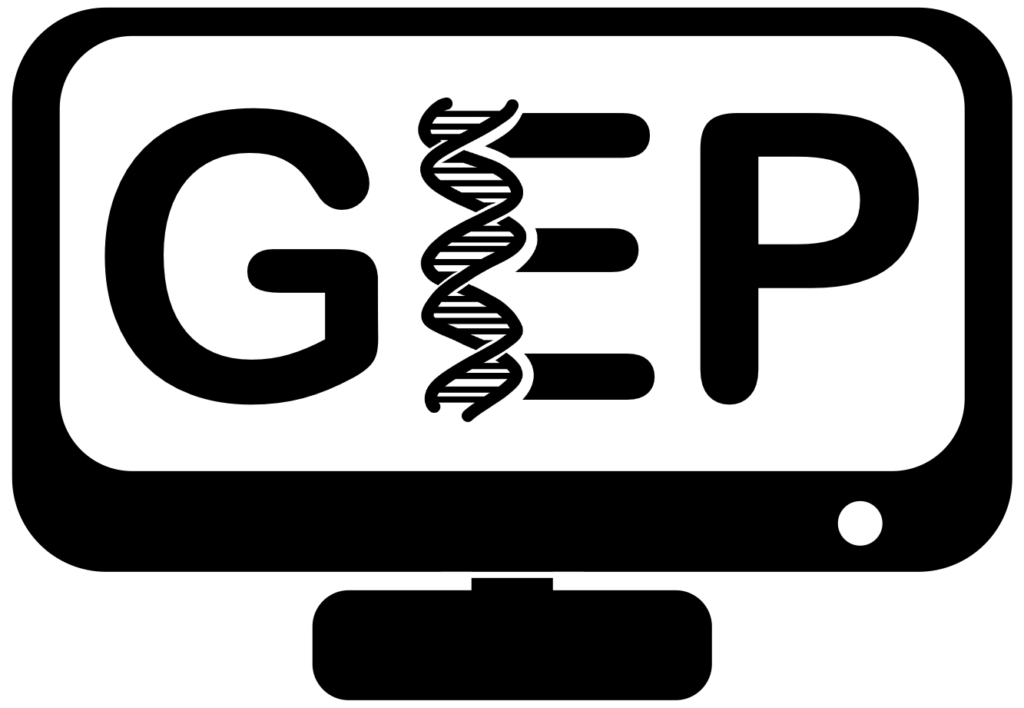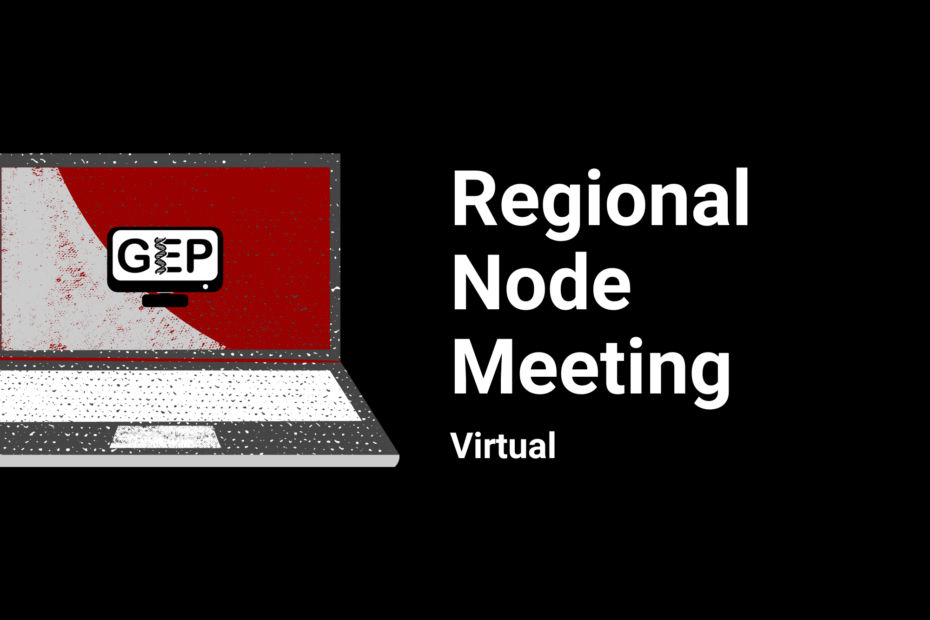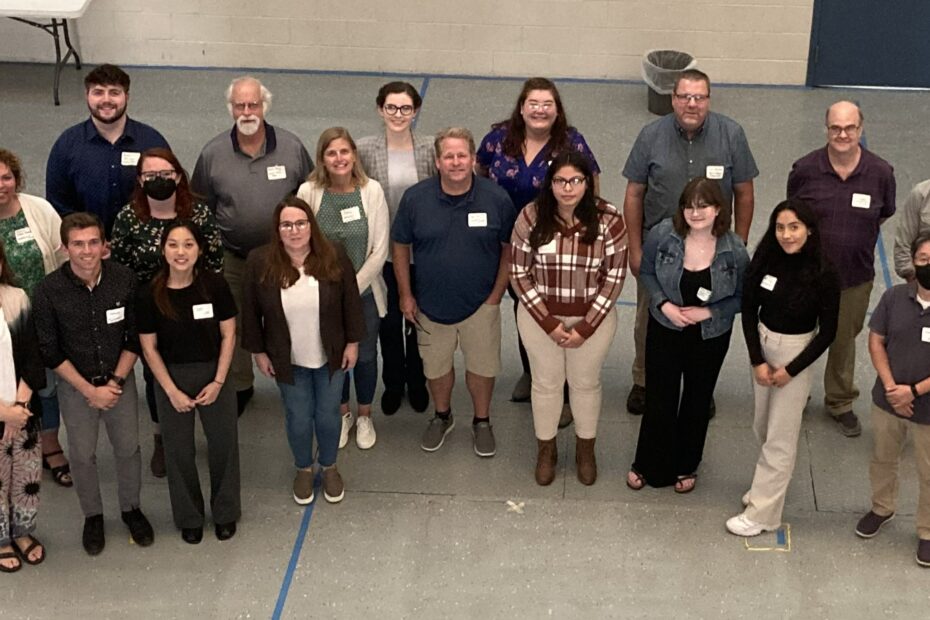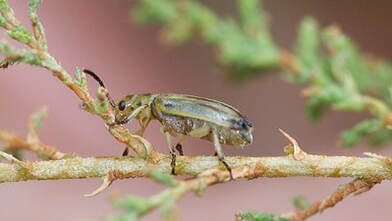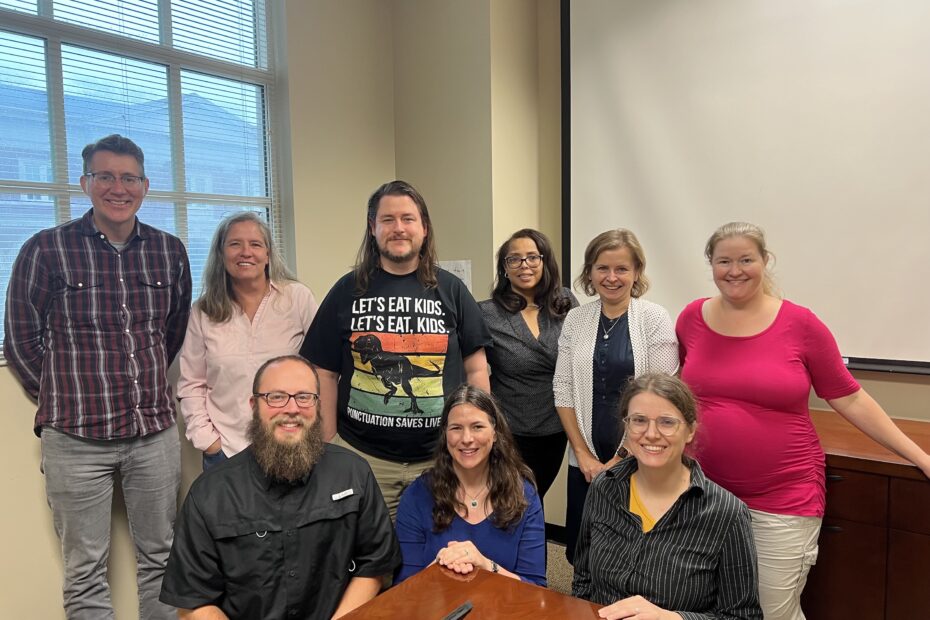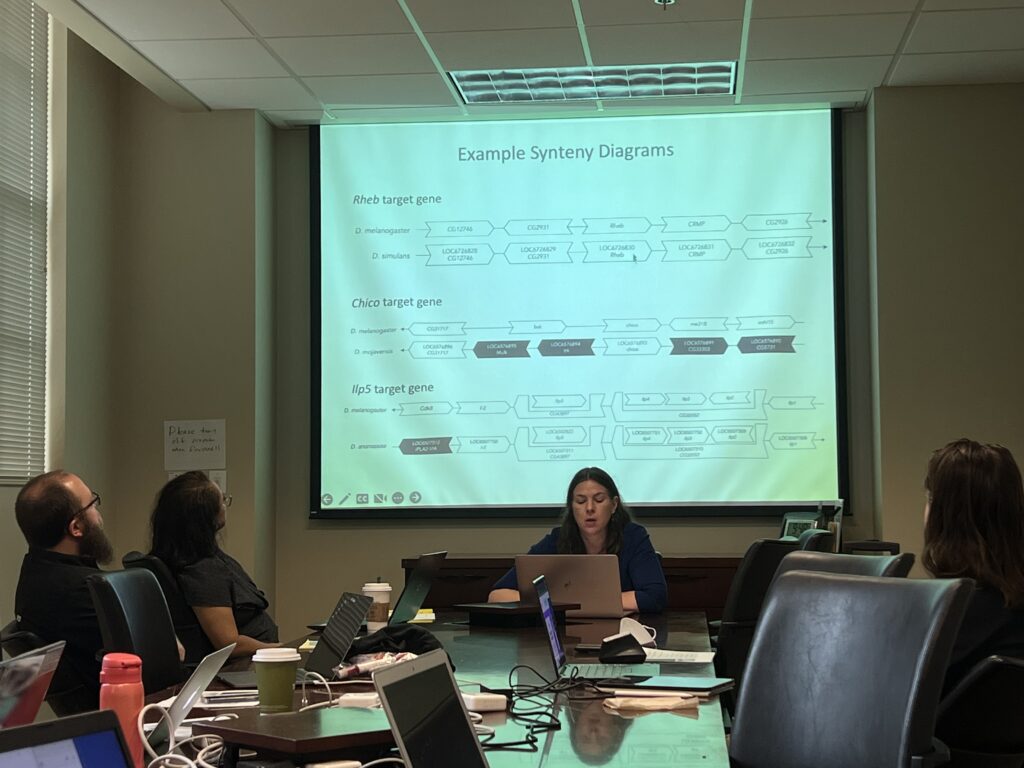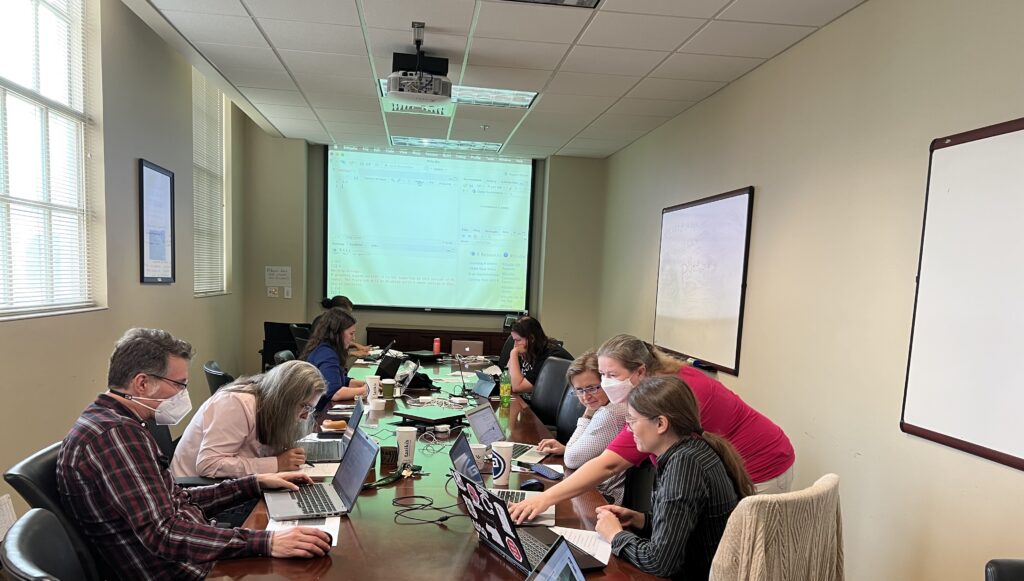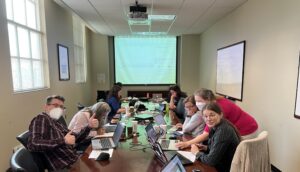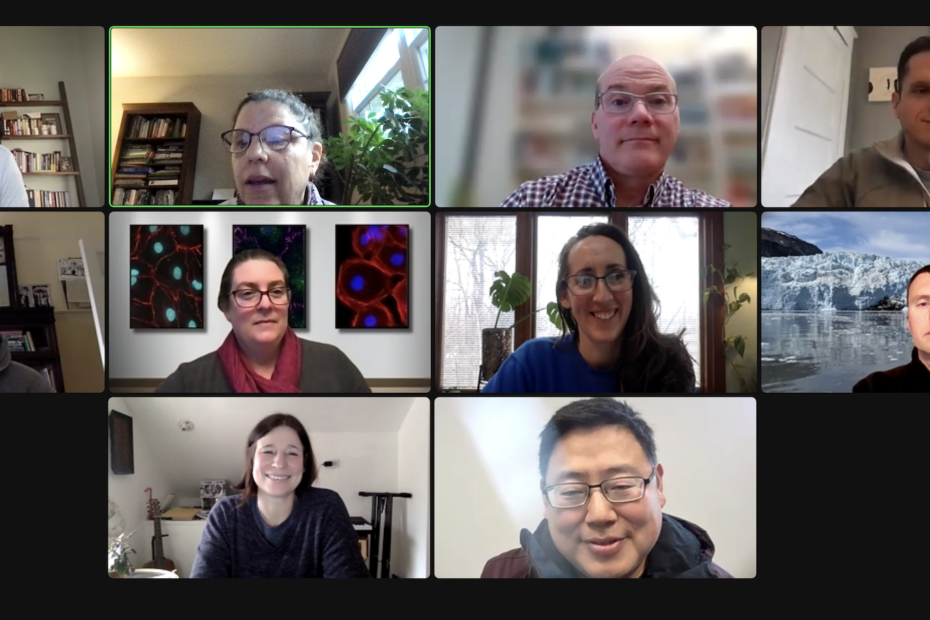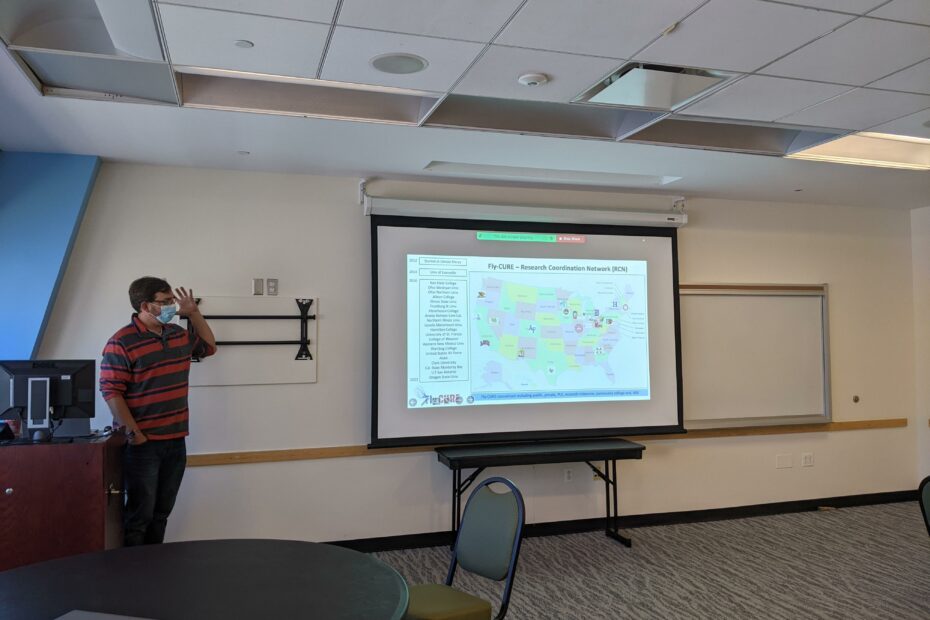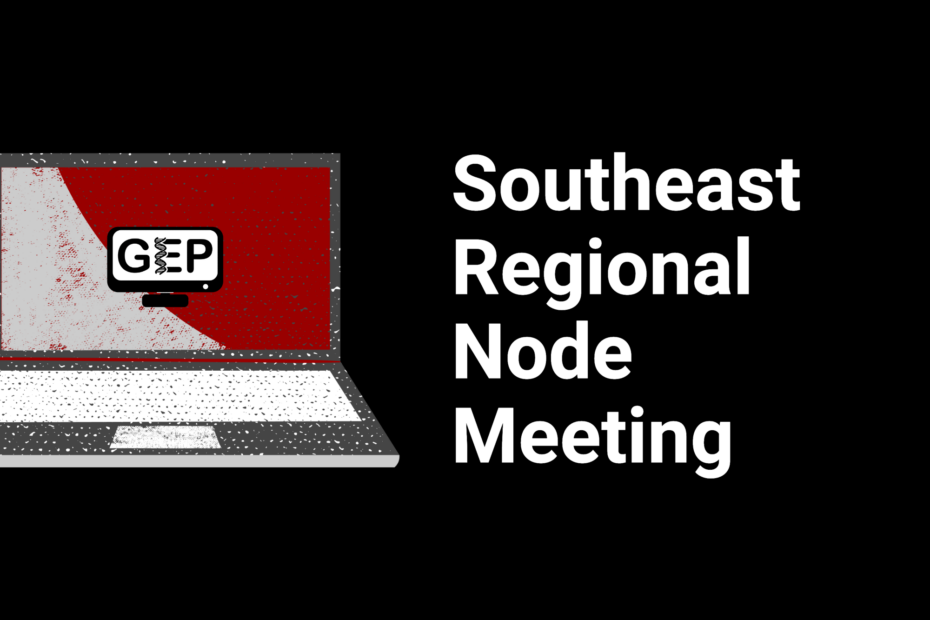Rocky Mountain Regional Node Meeting – February 25, 2023
The Rocky Mountain Regional Node held its Spring 2023 Regional Node Meeting virtually on February 25, 2023. This meeting was attended by six current GEP faculty and three prospective members. Two of the prospective members, Dr. Laura De Lorenzo (The University of New Mexico) and Dr. Narayan Kandel (University of the Southwest), are full members of the GEP as of June 30, 2023.
During this Regional Node Meeting, Node members discussed the upcoming National GEP Faculty Workshop that is being held in St. Louis, MO on June 6-9, 2023. The Node Directors have asked the leaders of each Node to give a short speech at the reception on June 6th. Node members also discussed changes in Node responsibilities and who will be the co-leader of the Node moving forward. A potential Node training event was also discussed.
Dr. Dan Bean, Director of the Biological Pest Control Program for the Colorado Department of Agriculture, then gave a talk about photoperiodism and diapause in the tamarisk beetle with a focus on the impacts these have had on its success when introduced in the American Southwest to control tamarisk along the Colorado River and its tributaries. The Colorado Department of Agriculture has a facility in both Western Colorado and the Western Slope in Palisade. Both facilities started out servicing peach farmers many years ago, but now the Colorado Department of Agriculture services many types of produce in the industry.
What worked well for your event that might help others plan similar events?
Everyone was flexible and willing to work together to see it happen.
What would your Node do differently based on your experiences?
Organizers are going to plan the next meeting much earlier so there is a longer lead time to get a speaker.
